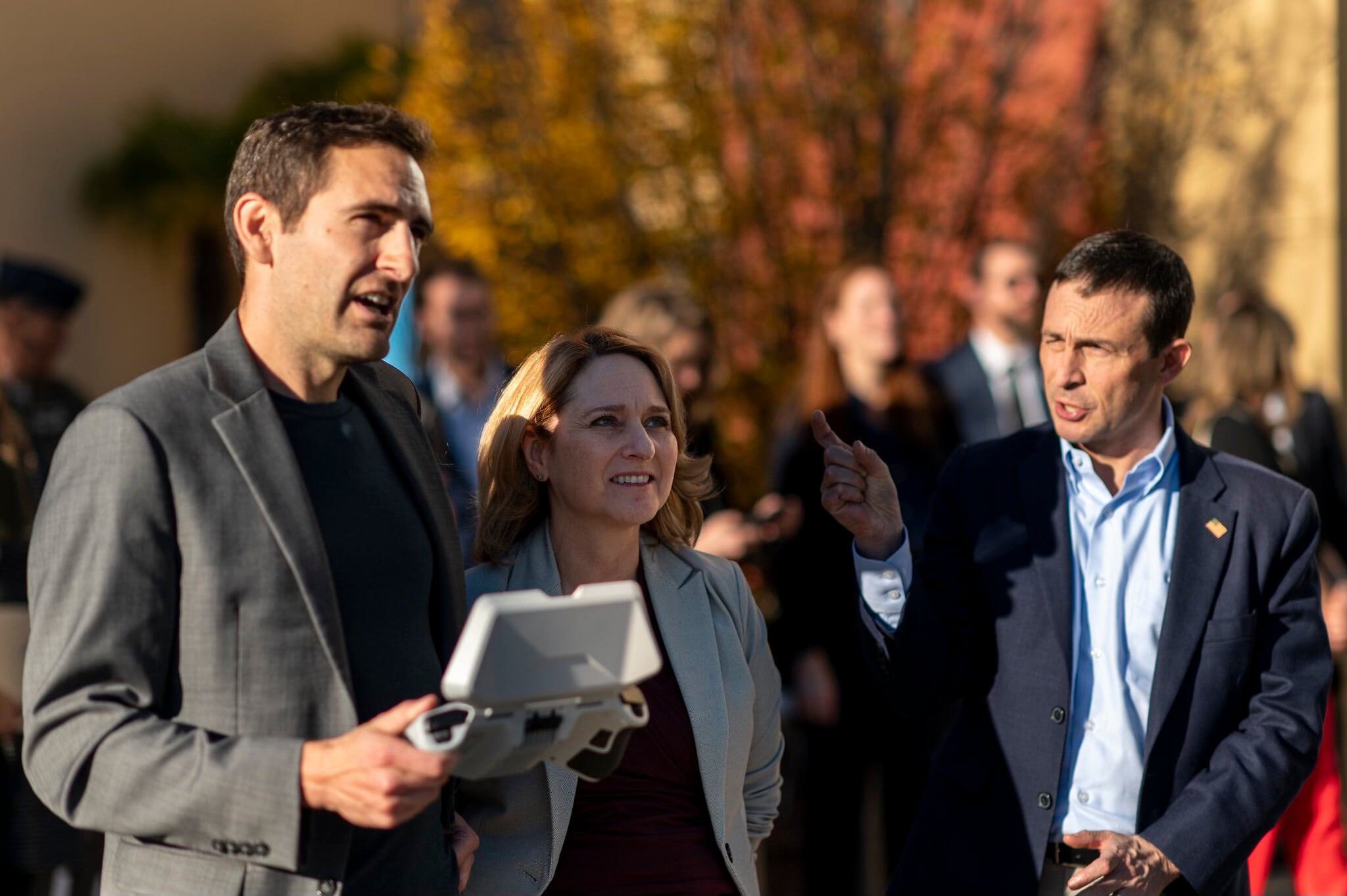WASHINGTON — The U.S. Marine Corps wants a commercial off-the-shelf tool to identify social media accounts that pose a threat to personnel and the Marines Corps Enterprise Network.
According to a request for quotation released Aug. 20, the goal of the effort is to identify “evil twin” social media accounts, or accounts pretending to be key personnel, general officers and senior executive service employees. The RFQ claimed these fake accounts are sending malicious links to service members, as well as extorting information and money while posing as key members of the Corps.
The service’s Deputy Commandant for Information Cybersecurity Branch needs an automated tool to supplement its ongoing work “crawling, discovery, and harvesting activities to protect the reputation/privacy of United State Marine Corps” on social networking sites.
“Using latest available COTS automation technology will reduce both human and network resource expenditure, time and work factor efforts allowing for a more comprehensive social media review,” the RFQ read.
The Corps would integrate the new technology into tools used for identifying trending topics among its personnel as well as malware.
“This information will be used for quickly determining threat agents as an entry point for malware and impersonators trying to gain followership through discussion topics,” the RFQ read.
The Corps plans to purchase a minimum of one license and a maximum of 10 for the automated tool. The statement of work notes that the tool must be able to scrape information from major social media sites like Facebook, Twitter, Linkedin, Instagram, YouTube, Snapchat and Reddit, in addition to messenger apps like WhatsApp, Facebook Messenger and Telegram, among several other international social media platforms.
The Marine Corps also wants the tool to have access to Chinese platforms like Sina Weibo, Qzone, WeChat and TikTok, the social media platform at the center of a legal dispute with the Trump administration — a dispute that WeChat has also been wrapped into.
Andrew Eversden covers all things defense technology for C4ISRNET. He previously reported on federal IT and cybersecurity for Federal Times and Fifth Domain, and worked as a congressional reporting fellow for the Texas Tribune. He was also a Washington intern for the Durango Herald. Andrew is a graduate of American University.







